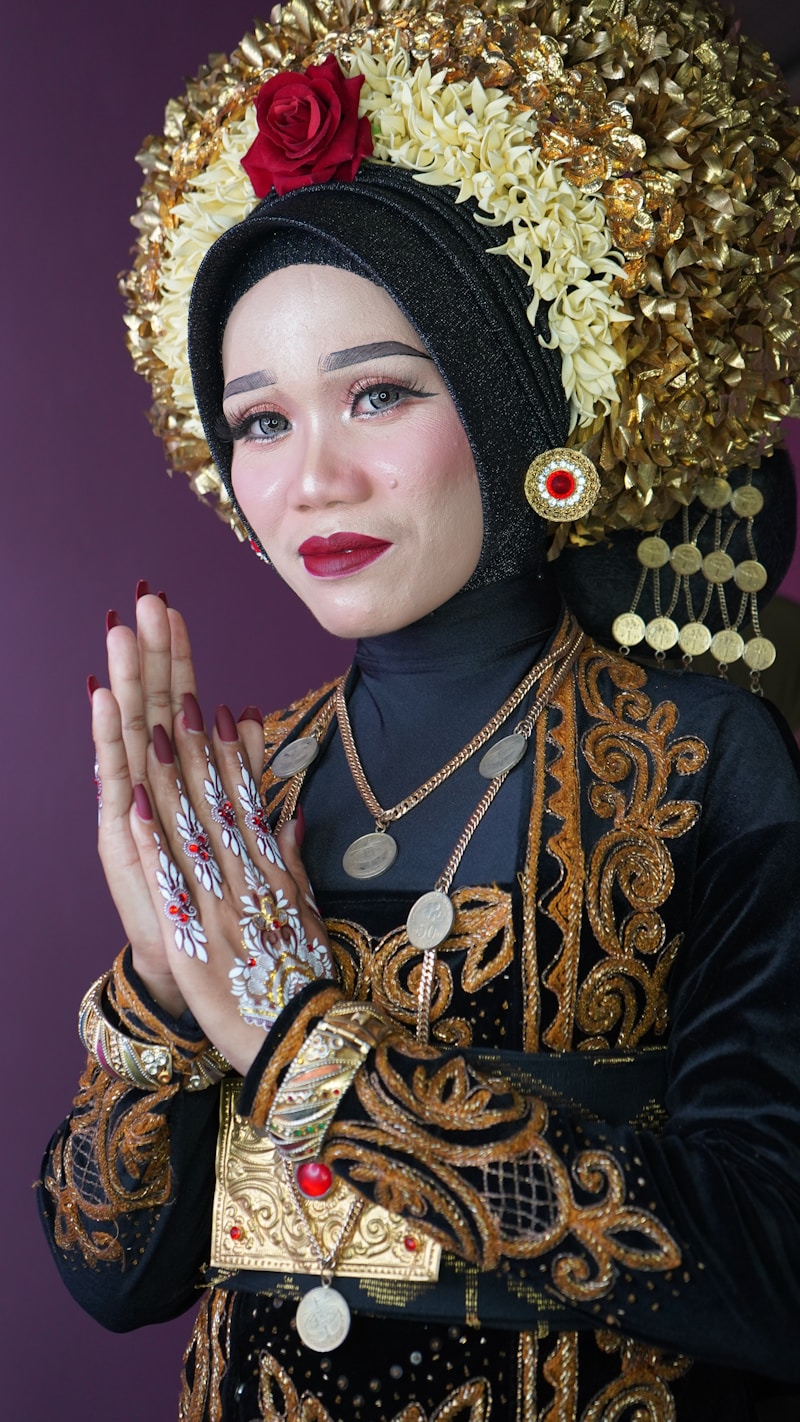Timeless Traditions in Wedding Attire: A Look at Cultural Significance and Modern Trends
Weddings are a celebration of love, commitment, and cultural heritage. One of the most visually stunning aspects of any wedding is the attire worn by the bride and groom. Throughout history, certain traditions have emerged, shaping the way couples dress on their special day. Here, we delve into the timeless traditions in wedding attire and explore their significance in modern celebrations.
The Importance of Wedding Attire
Wedding attire varies greatly from culture to culture, reflecting significant historical and cultural influences. In many societies, what a couple wears on their wedding day is steeped in tradition, symbolism, and personal significance. For example, in Western cultures, white Wedding gowns symbolize purity and innocence, a tradition that began in the 19th century with Queen Victoria's choice of a white gown for her marriage to Prince Albert.
Cultural Variations in Wedding Attire
While the white wedding dress is a hallmark of Western weddings, other cultures boast their own unique traditions. Here are a few notable examples:
| Cultural Group | Traditional Attire | Symbolism |
| Indian | Lehenga or Sherwani | Represents wealth, fertility, and marital bliss |
| Chinese | Qipao or Hanfu | Symbolizes prosperity and good fortune |
| Scottish | Kilt | Represents pride in heritage and family lineage |
| Japanese | Kimono | Represents harmony, beauty, and cultural identity |
Modern Interpretations of Traditional Attire
As society evolves, so does the interpretation of traditional wedding attire. Many modern couples seek to incorporate elements of their cultural heritage while adding personal touches that reflect their unique style. This hybrid approach allows for more creativity and personalization in wedding attire.
Sustainable Fashion in Wedding Attire
In recent years, there has been a growing trend toward sustainable and eco-friendly wedding attire. Couples are increasingly mindful of the environmental impact of their clothing choices, opting for designers who use sustainable materials or Vintage dresses. This shift not only reflects modern values but also aligns with the timeless tradition of cherishing family heirlooms and meaningful garments.
Gender-Neutral Attire
Another modern trend is the rise of gender-neutral wedding attire. Many couples are breaking away from traditional gender norms, choosing outfits that resonate with their personal identities rather than adhering to conventional expectations. This shift has led to an increase in diverse and inclusive wedding fashion, celebrating individuality and authenticity.
The Role of Accessories in Wedding Attire
Accessories play a significant role in completing the wedding look. Traditional pieces often carry cultural significance. For instance, in Indian weddings, brides may adorn themselves with intricate jewelry, such as the "mangalsutra," which signifies marital status. Similarly, in many Western cultures, the incorporation of "something borrowed" or "something blue" adds a personal touch to the outfit. Accessories provide an opportunity for couples to express their unique style and cultural background.

Color Symbolism in Wedding Attire
Color plays a crucial role in wedding attire, with different hues carrying specific meanings. In Western societies, white symbolizes purity; however, various cultures embrace a wider palette. For example, red represents luck and prosperity in Chinese weddings, while blue signifies trust and faithfulness in some Latin American traditions. Understanding the symbolism behind colors can enhance the emotional and cultural depth of wedding attire choices.
Choosing the Right Attire for Your Wedding
When selecting wedding attire, couples should consider several factors, including theme, location, and personal significance. Here are some tips for making the right choice:
- Reflect on Cultural Heritage: Consider incorporating traditional elements that honor your heritage.
- Think About Comfort: Opt for attire that allows freedom of movement for a day full of dancing and celebration.
- Match the Venue: Ensure your attire aligns with the wedding's style, whether it be formal, casual, or specific to a cultural setting.
- Express Individuality: Don't shy away from personalizing your outfit with unique touches that reflect you as a couple.
Conclusion: Embracing Timeless Traditions
Timeless traditions in wedding attire offer couples a way to connect with their cultural heritage while expressing their unique personalities. By understanding the meanings behind traditional attire and being mindful of modern trends, couples can create a wedding look that is both meaningful and stylish. Whether you choose to wear a classic white gown, a vibrant lehenga, or a modern tailored suit, remember that the essence of your wedding attire lies in its ability to encapsulate your story and celebrate your love.
As you plan your special day, consider the significance of your attire, and embrace the beautiful traditions that come with it. After all, your wedding attire will not only be part of a personal milestone but also a representation of the enduring love and commitment you and your partner share.